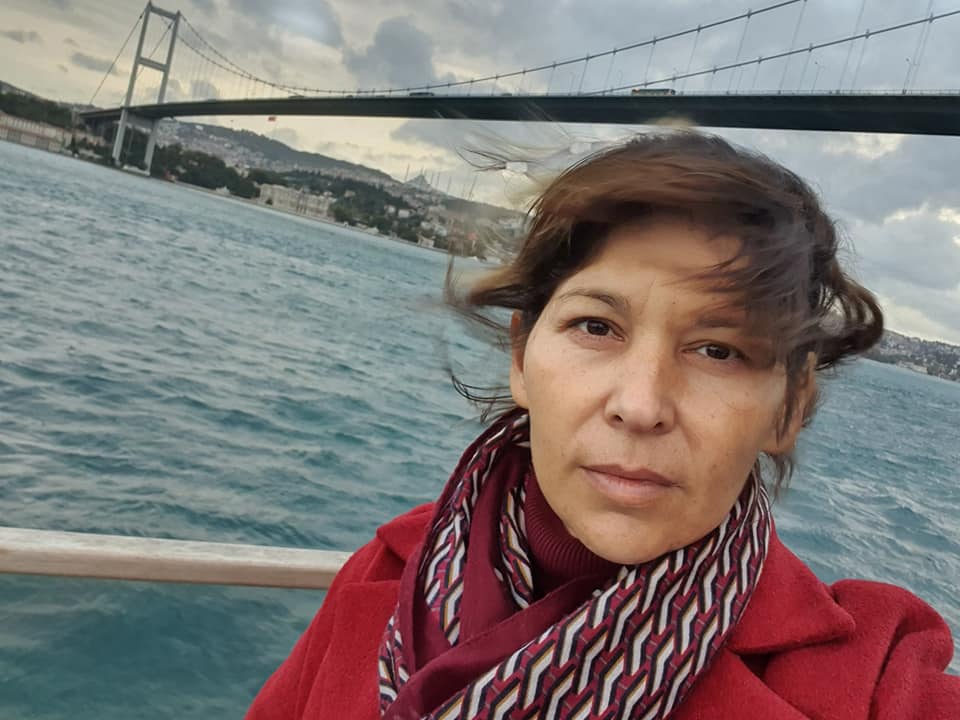The number of people being arrested for drug trafficking has reached an unprecedented level in Nepal, suggesting the country may be becoming a regional drug transit hub.
According to Nepal's Narcotics Control Bureau (NCB), over 16,700 people were charged with drug smuggling or trafficking offences between 2011 and 2016, the Himalayan Times reports. In 2016 alone, a total of 3,696 people were arrested for such offences – marking a 39 per cent rise when compared with the previous year.
Cannabis is, by far, the most common drug being smuggled from or through Nepal, however significant quantities of heroin, opium, and cocaine have also been seized by the NCB.
“People involved in drug smuggling seem to be ready to take the risk of arrests and jail as international rackets promise them hefty sums. Arrests and seizures are doing little to control drug smuggling”, an NCB official claimed in February.
Indeed, Nepal’s drug legislation, the majority of which falls under the remit of the Narcotics Drug Control Act (1976), includes harsh penalties for a variety of drug offences. Peculiarly, the Act mandates strict punishments for trafficking offences based on the weight of the seized drug, regardless of what drug it is.
"Doing transaction" with drugs that weigh less than 25 grams garners a prison term of between five and ten years, the legislation specifies. Such an offence involving 25 to 100 grams mandates a sentence of between 10 and 15 years. Trafficking or selling more than 100 grams of an illegal drug is punished by between 15 years and life imprisonment.
The UK Foreign Office warns travellers that possession of even "small amounts" of cannabis can lead to a five year prison sentence, "usually after a lengthy and expensive legal process".
The surge in trafficking in the face of such repressive legislation suggests that the severity of potential penalties is not dissuading people from becoming involved in the drug trade.
Additionally, according to the NCB, some of the people caught trafficking drugs were tricker or coerced into doing so.
“Most foreign women arrested by NCB were involved in drug trafficking due to lack of economic opportunities back home. They were easily persuaded to act as paid drug mules without being informed of what the baggage contained,” an NCB official said, in late March.
Rajiv Kafle, a Nepali cannabis law reform activist, told TalkingDrugs that “cannabis was and still is the [main] source of income for most poor people across the country”.
“There is huge demand mostly from India, as well as rest of the world, for Nepali hash,” Kafle added.
Indeed, although drugs are flowing from Nepal to Europe, China, and Southeast Asia, India is the primary target market.
India provides a huge and growing market for people who seek to sell drugs, and the two countries share an open border. However, despite relatively relaxed border security, significant seizures have taken place there. The annual quantity of illegal drugs seized on the Indian border increased by a staggering 236 per cent between 2014 and 2016 – from 1,189 kilograms to 4,006 kilograms respectively.
Four years ago, the former NCB chief warned that people who traffic drugs were “trying to establish Nepal as a transit point”. While it is yet to be seen if the trend of rising drug arrests and seizures will continue, it appears that Nepal has become firmly established as a drug trafficking hub.


